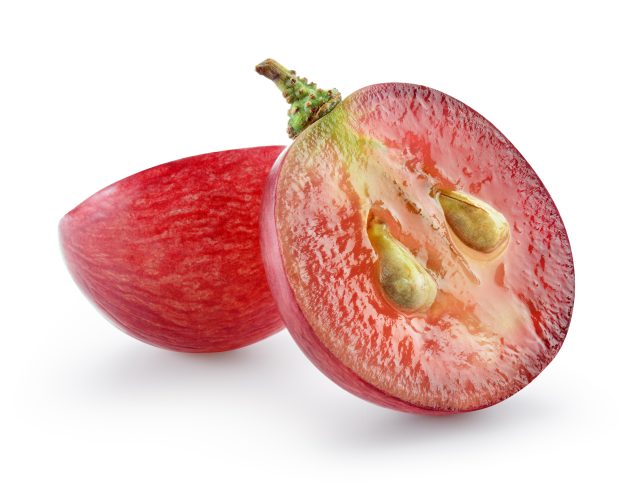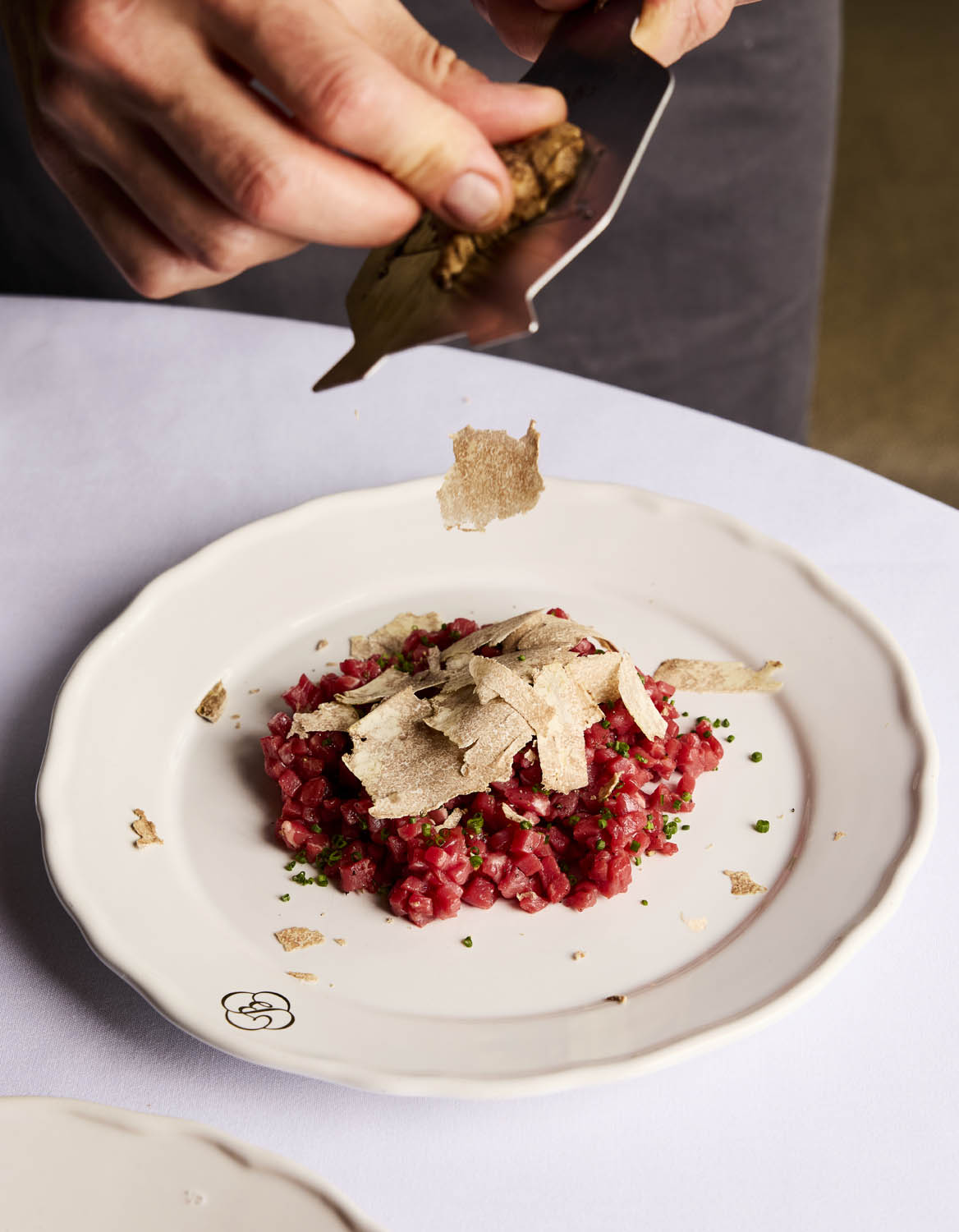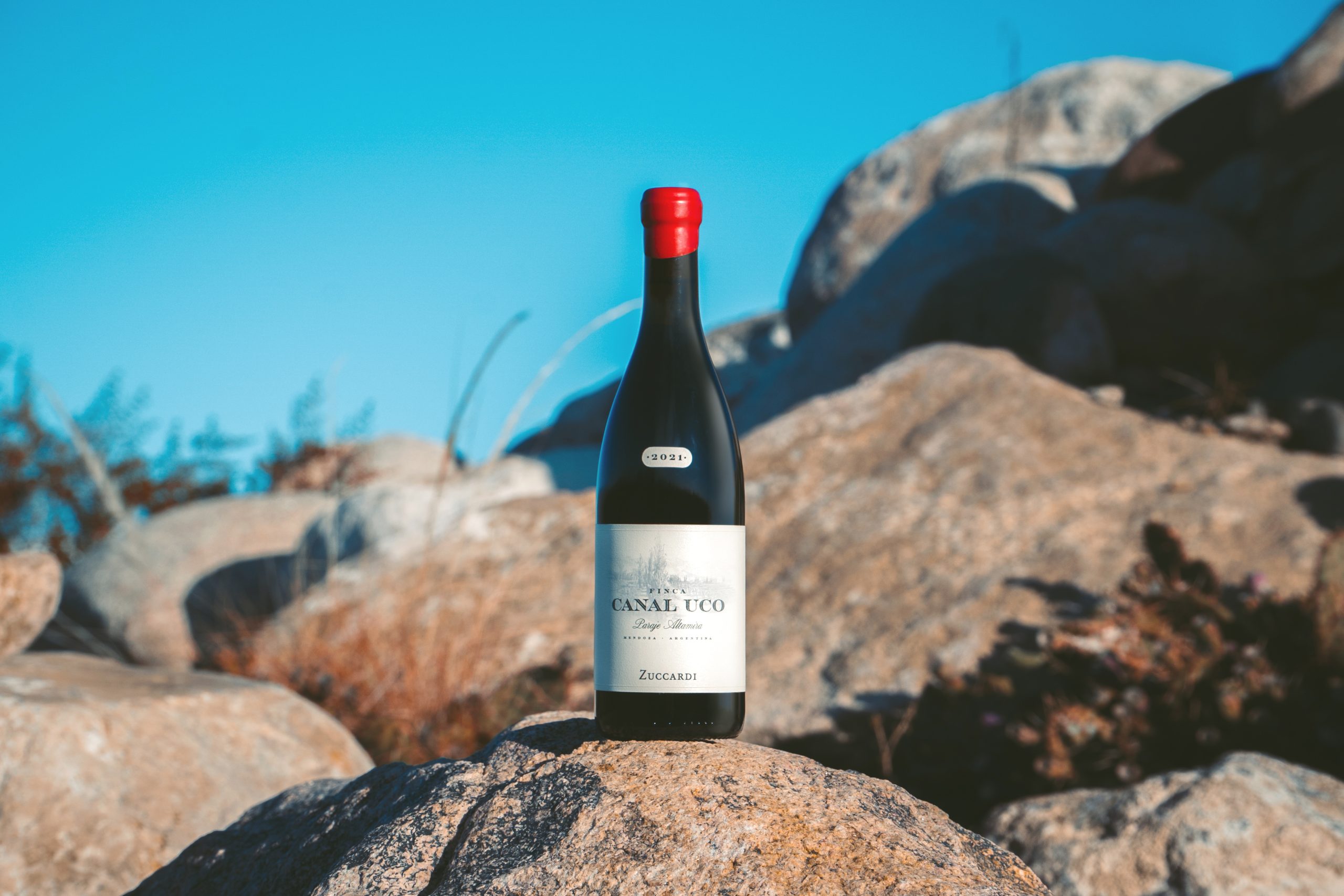Chemical found in red wine used for bowel cancer drug
UK scientists are trialling a new drug made using a polyphenol found in the skins of red grapes to test its effectiveness at preventing bowel cancer.

Reservatrol, which is also found in other fruits such as blueberries, as well as in peanuts, is a powerful antioxidant, and forms the basis of the drug.
According to Cancer Research, bowel cancer, otherwise known as colorectal cancer, is the fourth most common cancer in the UK, with data from 2013-17 revealing a 53% survival rate (of 10 or more years after diagnosis). The over 75s are especially prone to it, with the data from 2017-19 showing that 43% of those diagnosed were in this age bracket. Bowel cancer screenings detect the presence of polyps in the rectum and/or colon – while not all of these can prove to be cancerous, they can become malignant.
“When bowel polyps are identified, removing them does not guarantee that they won’t come back, or become cancer in the future. Through therapeutic prevention, we’re trying everything that we can to reduce the risk of cancer, and the Colo-Prevent trial is just one way in which we are doing that,” commented Professor Mark Hull, the Colo-Prevent trial’s principal investigator.
The trial, led by the University of Leicester and the National Institute for Health and Social Care Research (NIHR) Leicester Biomedical Research Centre, and funded by Cancer Research, will study 1,300 patients across England and Wales.
Partner Content
Each of the participants, aged from 50 to 73, had polyps detected during a screening, which will then be removed and different groups will be given different treatments, including metformin, aspirin, reservatrol, and a placebo. The participants receiving aspirin or aspirin and metformin will take the drugs daily over three years, while those on resveratrol or the placebo tablet will take it over the course of one year. Colonoscopies will then be used to assess whether or not the polyps have returned.
A previous study from the University of Leicester’s Professor Karen Brown assessed how different doses of reservatrol could inhibit the growth of cancer cells in mice – the research suggested that lower doses are more effective. Colo-Prevent will test 1mg and 5mg doses of reservatrol.
It should be noted that the trial is not using grapes or red wine, indeed, excessive alcohol consumption is linked to an increased risk of bowel cancer.
“The best way to prevent bowel cancer right now is to improve our lifestyles – stopping smoking, maintaining a healthy weight, reducing alcohol consumption and having a healthy, balanced diet,” said Brown. “But we can enhance those efforts by embracing therapeutic prevention, which uses our growing knowledge of the biology of cancer to find drugs which can stop it in its earliest stages.”
Previous research has suggested that reservatrol could slow the onset of dementia, and the high flavonoid content of red wine may also play a role in reducing neurological decline.
Related news
‘The role of Ozempic isn’t just about reduced consumption, it’s about a shift in values’
‘The industry has been lazy’: calls for affordability and innovation in wine
Moderate drinking linked with lower mortality in Parkinson’s patients




